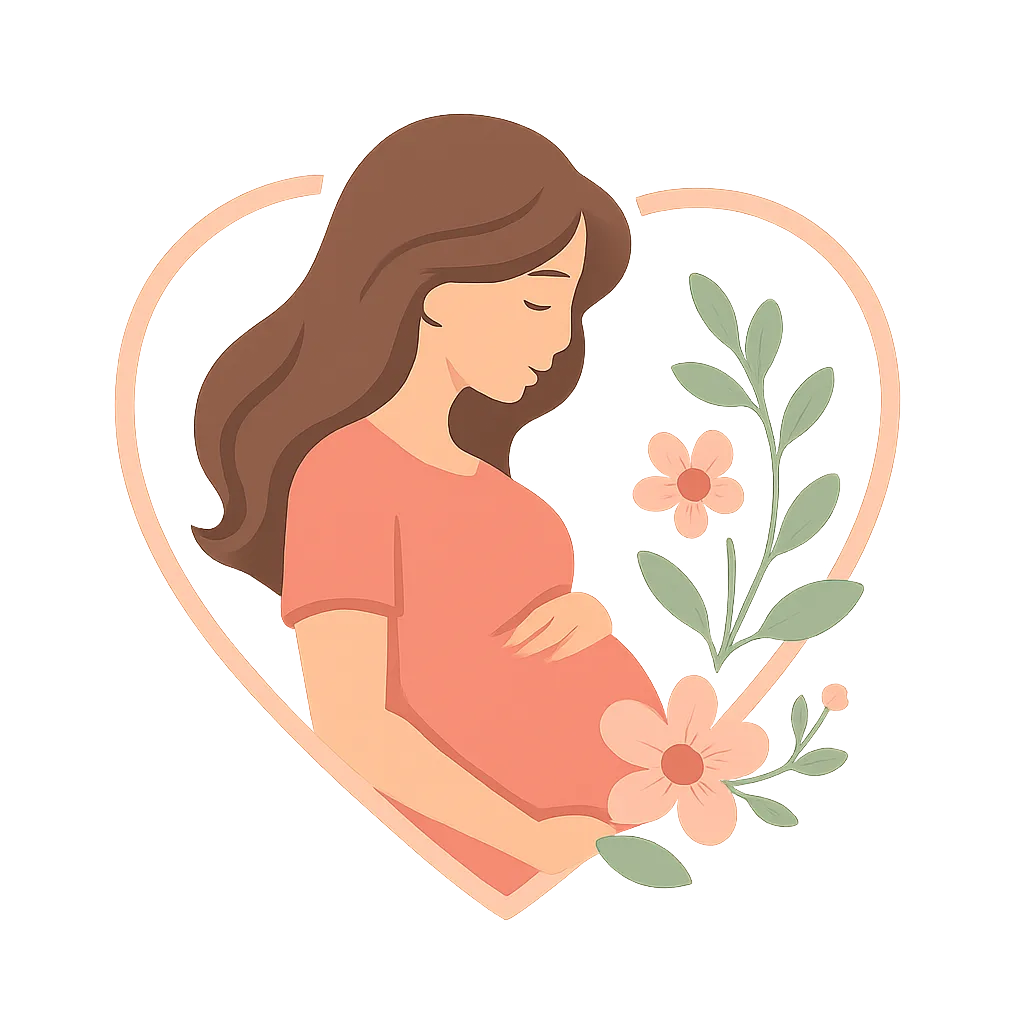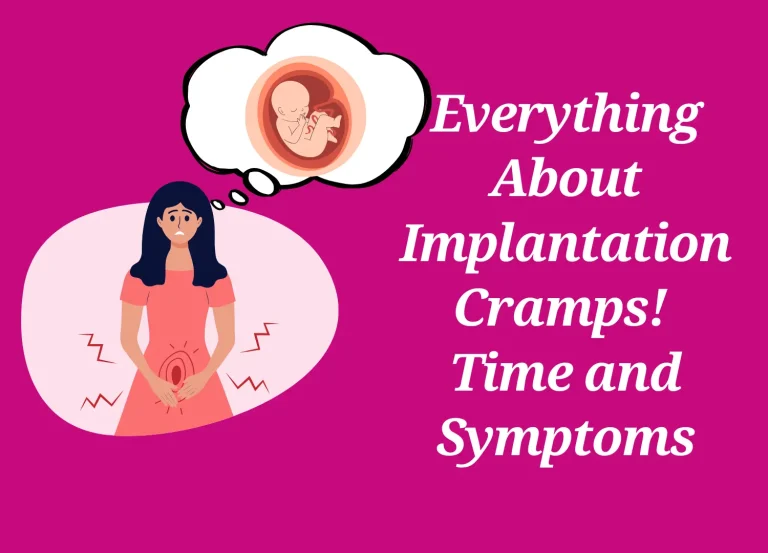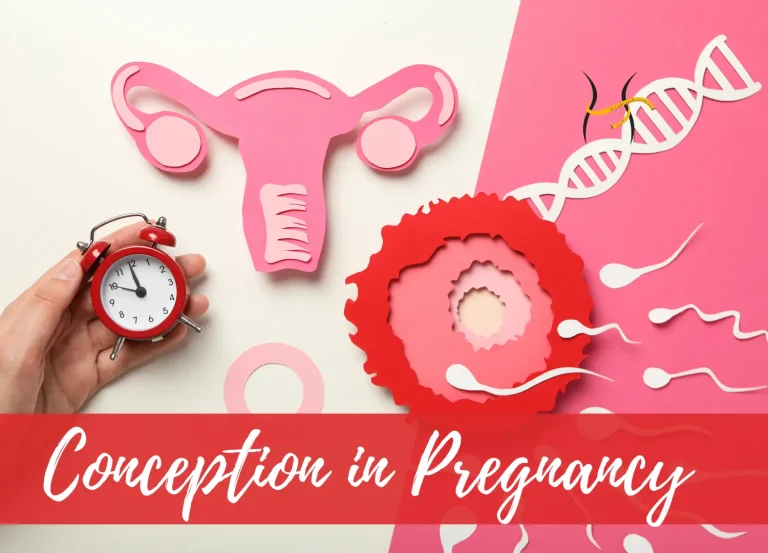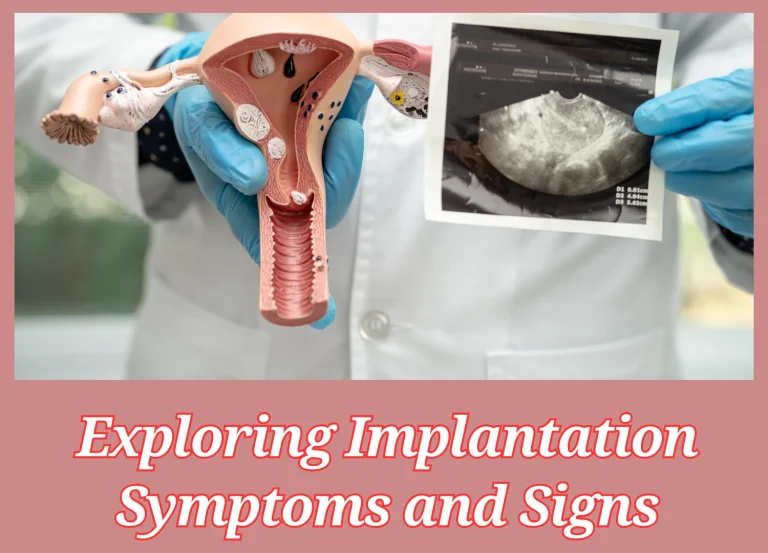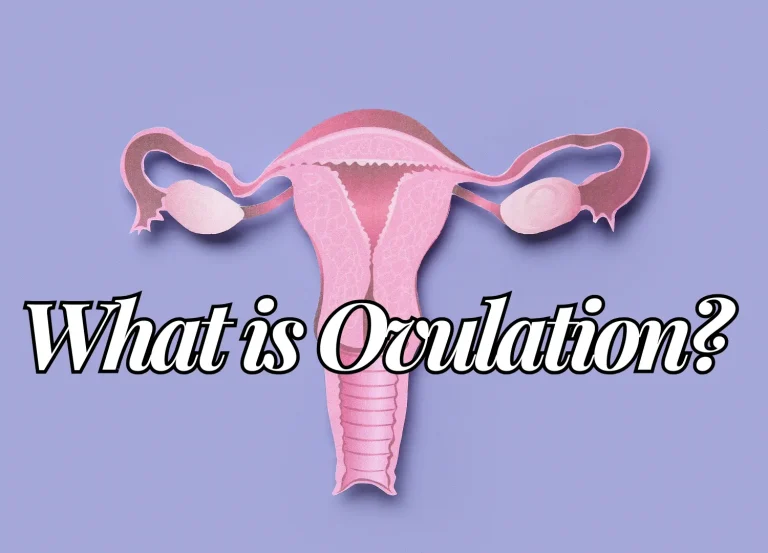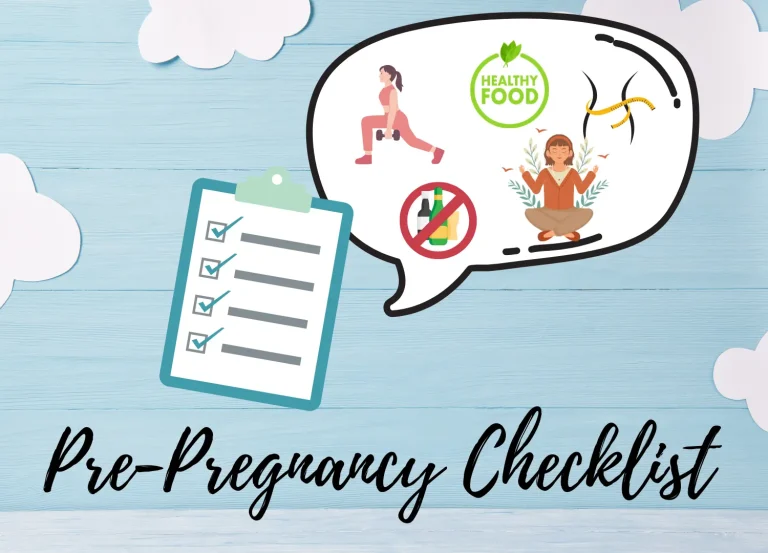What is DPO in Pregnancy? 1-14 All DPO Pregnancy symptoms
As we know, pregnancy is a journey filled with a rollercoaster ride, as you will experience a spike in emotions and frustration due to hormonal changes.
However, when you consult your doctor for such signs, you may come across the term “DPO.” Curious, what does days past ovulation, or DPO in pregnancy, mean? It is a critical time when you can know if you are expecting a baby or not.
From 1-14 days of ovulation, my friend, your body will go through subtle changes that you can mark as early signs of pregnancy. However, if you are thinking of taking a pregnancy test, then it is better to go after 14 DPO. As, after this period, the HCG hormone level rises enough to predict a pregnancy. You will learn about what DPO is in pregnancy and different physical and hormonal changes.
Let’s explore these various changes in the female body after ovulation and how to track them.

What does DPO ( Days Past Ovulation) Mean?
As of now, you may have a little understanding of the term DPO in pregnancy. Well, if not, don’t worry. Everything will be clear to you after reading this guide. The word DPO is an acronym for Days Past Ovulation. Moreover, it is also referred to as “Days Post Ovulation” or “Day Past Ovulation.”
Now, which days are counted as past ovulation days, right? So, my friend, it is exactly the next day of ovulation; if your ovulation happened on Tuesday, then Wednesday will be your first day after ovulation; simple, no?
The 12 days after ovulation are the most critical days and are full of hope and excitement. Yes! It is a full confusion period. It is because in this period, you have a high chance of conceiving a baby, and you will have early signs of pregnancy. But these signs are also almost similar to the luteal phase symptoms. Therefore, it becomes difficult to identify if they are signs of pregnancy or a normal cycle. So, for a better understanding, you should know about different signs each day after ovulation and look at what signs your body is showing.
Exploring 1-14 DPO in Pregnancy Symptoms
Here, we will look at different signs your body shows after ovulation. However, these signs appear when an egg is fertilized by sperm after ovulation.
When checking the DPO’s signs, you should also keep in mind that these signs may be prominent in some females while some don’t show these signs at all!
Complete details of signs that any woman can feel after fertilization are discussed below. Let’s have a look at these signs.
1-3 DPO in Pregnancy Signs: A Rise in Progesterone Level
When the sperm fertilizes the egg, then it becomes a zygote. After fertilization, it will still remain in the fallopian tube for the next 48 hours. The symptoms that women experience during this phase are similar to the luteal phase of the menstrual cycle.
It is because, in both situations, there is an increase in progesterone levels. When the egg is fertilized, the level of progesterone will increase and help to maintain a healthy pregnancy. On the other hand, when the egg is not fertilized, the level of progesterone falls as the menstrual cycle continues.
The common signs you will experience during 1-3 DPO include:
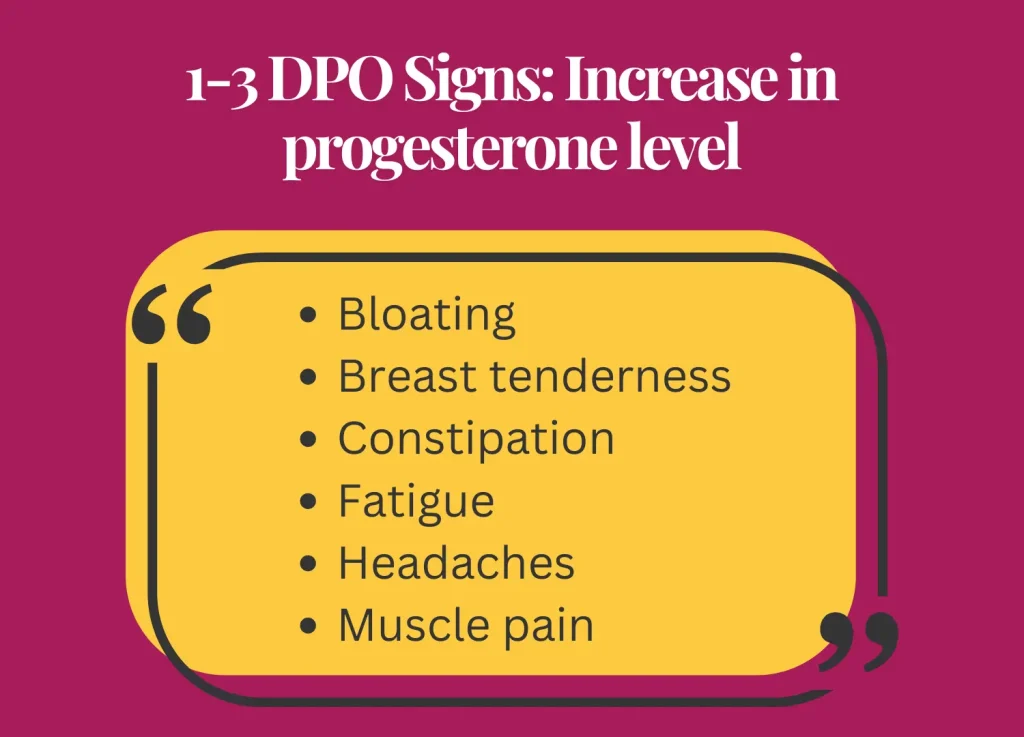
4 DPO Symptoms: Zygote Movement
Around the 4 DPO, the fertilized egg, which is now called a zygote, will travel from the fallopian tube and reach its final destination, the uterus.
As this movement is inside your body and subtle, you will not feel it. However, some mild signs may appear, such as cramping or mild lower abdomen pain. In some situations, females also experience a feeling of calm due to changes in hormone levels.
Moreover, in this phase there will be no prominent other symptoms, as there is still a surge in progesterone hormones. So, the signs one feels in the 1-3 DPO will continue in the 4 DPO.
5 DPO Symptoms: Blastocyte Development
After 5 days of ovulation, the progesterone level will still keep increasing. So it will result in the growth of the fertilized egg. The zygote starts to develop and grow in size, which results in blastocytes. The blastocyte contains around 100–200 cells.
During this period, the symptoms some women experience include nausea, increased appetite, and breast tenderness. At the 5 DPO, the blastocyte is still present in the fallopian tube.
6 DPO Symptoms: Leaving the Fallopian Tube
After 6 days post-ovulation, the newly formed blastocyte will reach the uterus. It will prepare for the process of implantation.
At this stage, there are no specific signs or symptoms, as it is still a stage where progesterone levels are increasing. However, after implantation, some clear symptoms will appear.
7 – 9 DPO Symptoms: Journey of Implantation
The 7 to 9 days after ovulation are considered the most important period in the process of getting pregnant. During this time, the blastocyst will attach to the walls of the uterus, and implantation will occur.
Once the implantation is done, the blastocyte will receive nutrients from the mother’s body and develop into an embryo. However, implantation occurs only during the WOI (Window of Ovulation) period, as only during this time does the uterus welcome the blastocyte to attach.
This window usually ranges from 6-10 days after ovulation. The symptoms you will face after the 7 days post ovulation are similar to the 1-3 DPO, but they will be extreme.
These symptoms include:
- Bloating
- Breast tenderness
- Constipation
- Fatigue
- Headaches
- Muscle pain
Moreover, after 8–9 DPO, when successful implantation has occurred, females experience bleeding or light spotting. It is also known as implantation bleeding. It occurs when fertilized eggs attach to the uterus lining.
10- 11 DPO Symptoms: Increase in Hormones and Early Pregnancy
After implantation, the level of the HCG hormone begins to increase in the female body. As the HCG hormone predicts the start of pregnancy, therefore, many women can go for their pregnancy test. The level of HCG hormones increases to amazingly high. Like, it doubles every day.
The symptoms you can notice after an increase in HCG hormone include:
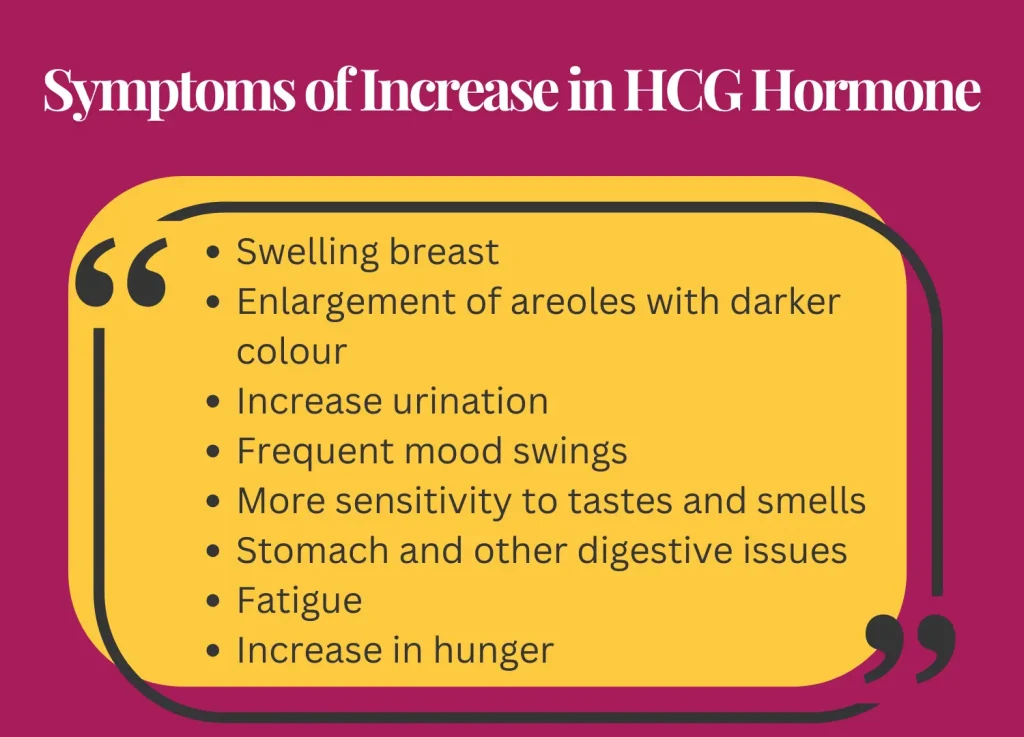
Moreover, with this hormone, the progesterone level keeps increasing. And help to maintain pregnancy and in the development of the embryo.
Do you know that the signs of HCG hormone spikes will appear with the progesterone level? So, at the same time, you will have the symptoms of both progesterone increase and HCG increase. All this makes your body a battlefield, but the outcomes are amazing.
12-14 DPO Symptoms: Missed Periods
Going through all of the above-mentioned phases? If yes, then congratulations, as they all indicate an early pregnancy. The reason for all these symptoms is an increase in HCG and progesterone hormone levels.
At this stage, you can perform a pregnancy test. However, you should also know that taking a test after the 12 DPO may not show perfect results. It is because the HCG level is not enough to be detected at the home-pregnancy test.
Therefore, to avoid continuous checking, you should only check your pregnancy after the 14 DPO when you have missed your first-period date. As it is the best time when the HCG hormone has reached a certain level to be easily detected at home.
At this stage, the symptoms you will notice include the following:
- Frequent urination
- Miss periods
- Light cramps
- Mood swings
Symptoms After Ovulation When you are not Pregnant
However, it can be challenging to distinguish symptoms between the early stage of pregnancy and the normal period cycle.
But if your egg is not fertilized by sperm, then you will face symptoms discussed in the given section. These are common symptoms of a natural menstrual cycle, showing you are not pregnant.
So, let’s have a look at all of these symptoms.
Changes In Breast
You will notice that each month, your breasts undergo some changes. It becomes tighter and more tender. But in case you are pregnant with breast tenderness, you will also notice some more signs.
These signs include enlargement in areoles and swelling. If you see these signs, then there are high chances of pregnancy.
Bleeding
There is a difference between the bleeding during pregnancy and periods. On average, bleeding of periods starts after 14 days past ovulation. It is thick and red.
On the other hand, the implantation bleeding occurs between 1-14 DPO in pregnancy. Additionally, it is of lighter color, thin, and less frequent as compared to periods.
Different Food Cravings
It is common to have cravings for every woman when the hormone level changes. But during the pregnancy, these cravings change. Instead of craving regular food items, women crave different foods, such as pickles or more sweets.
FAQ
Conclusion
No matter if you are trying to conceive or don’t want to have a baby now, having a deep understanding of the DPO in pregnancy is necessary.
These are the days that start after ovulation and lead to the first day of periods. Various women undergo different signs and symptoms during this period. Therefore, everyone’s experience is different.
However, when fertilization occurs after ovulation, you will notice slight changes in your body. These changes will predict early pregnancy. These changes occur due to an increase in progesterone and HCG hormone. However, after 1-3 DPOs, you may see some changes, but you should only go for the pregnancy test after 14 DPOs.
